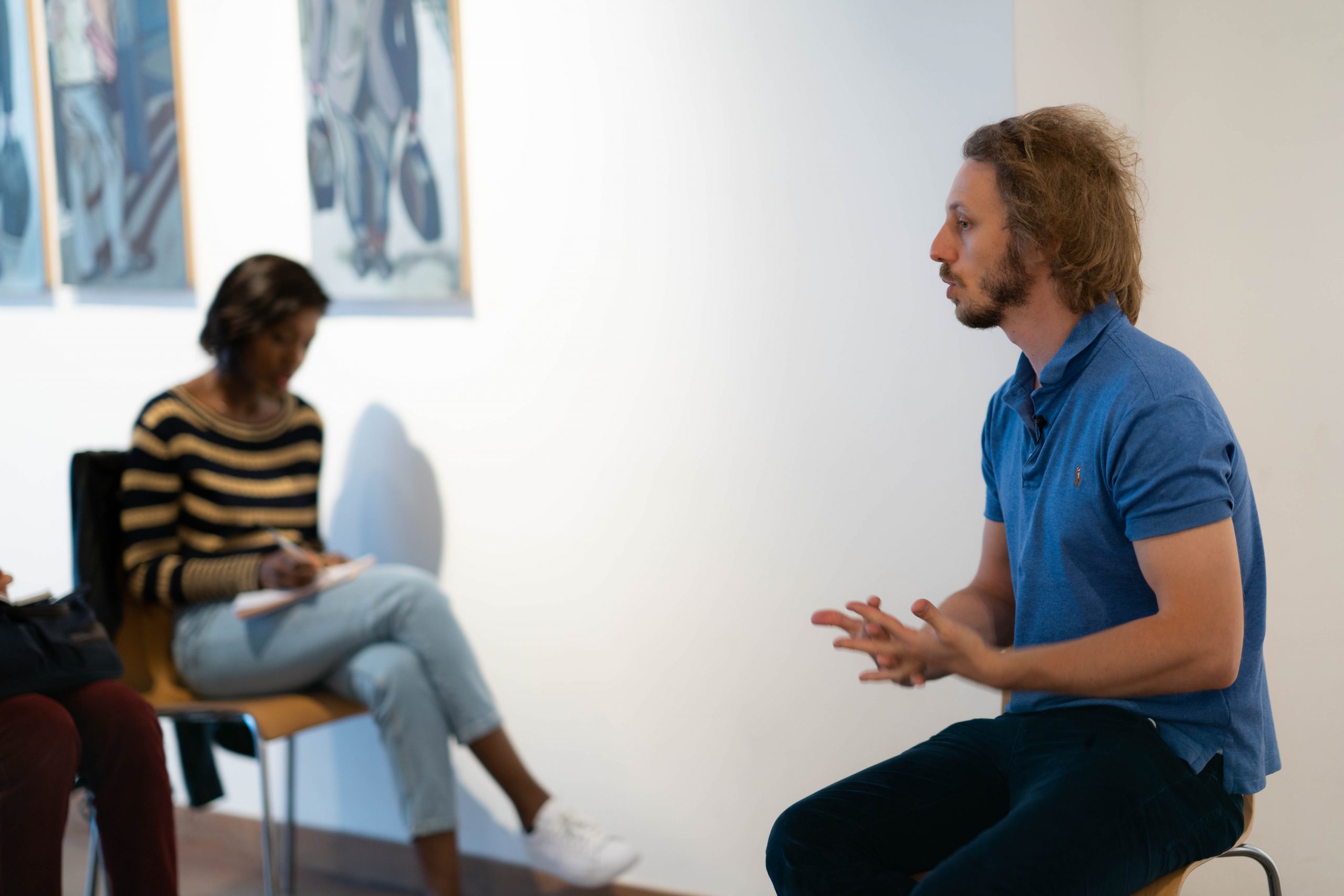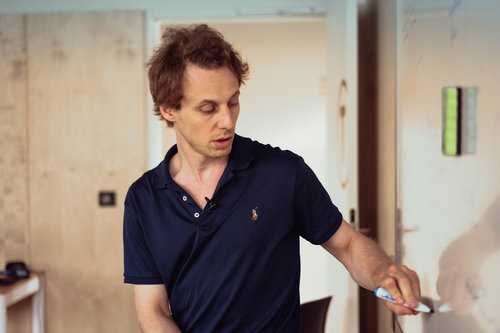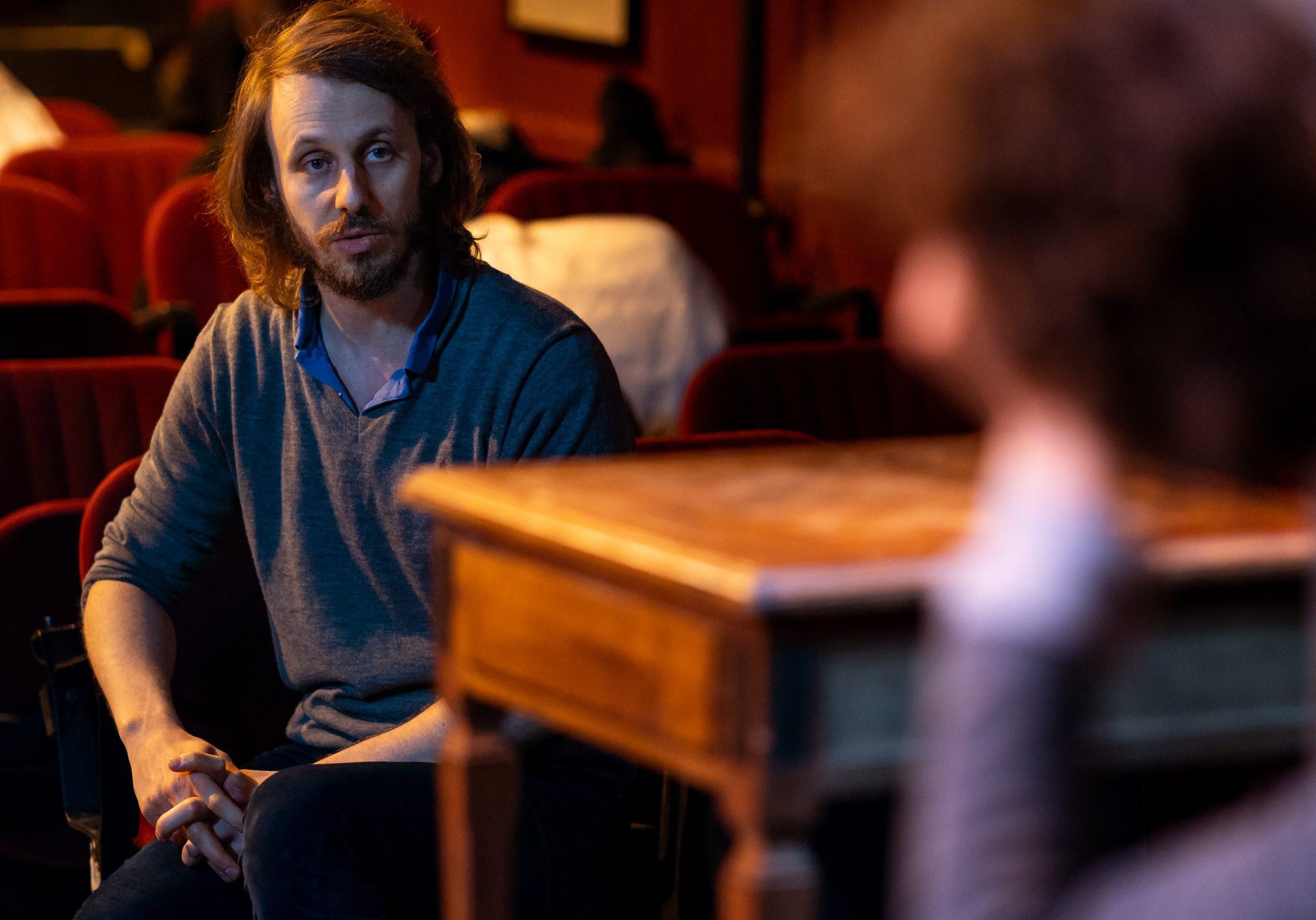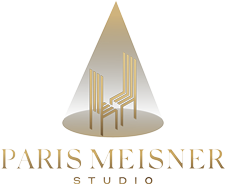MEISNER & SYSTEMIC COACHING
by Octave KARALIEVITCH
THE MEISNER TECHNIQUE
For Meisner,
"Acting is the ability to live sincerely in a given set of imaginary circumstances."
The second part is to work on the "imaginary circumstances" and how they affect us, so that our spontaneous expression can correspond to a desired outcome (which may change depending on the director's directions).
These two parts will be covered in the first classes, where you will explore gradual approaches to the technique from the first exercises to working on filmed scenes each term. No particular experience is necessary to join them, since it will never be a question of "playing" in the traditional way.
Among other things, the Meisner technique gives the actor a rare spontaneity, and answers a problem that Chekhov pointed out to Stanislavski: "Your actors play well, but it seems that they know what is going to happen in advance.
The exercises are supervised by Octave KARALIEVITCH, director of the Paris Meisner Studio, where he has developed a global approach to acting alongside the world's best teachers of this technique.
This work was thought in connection with the American tools of change in coaching and therapy(NLP, Ericksonian Hypnosis...) to which he is also trained.
"An actor must learn to do consciously what everyone else does unconsciously."
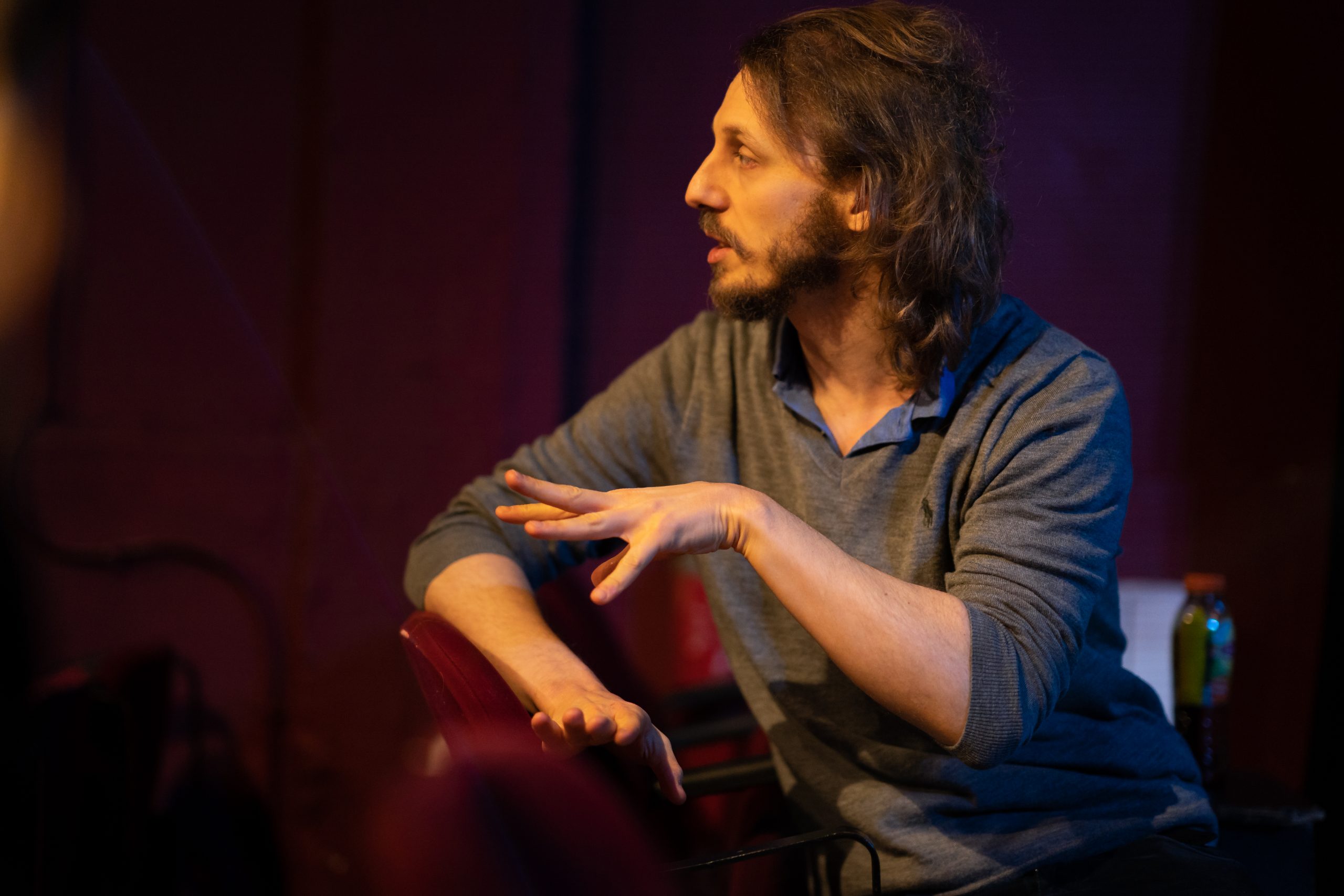
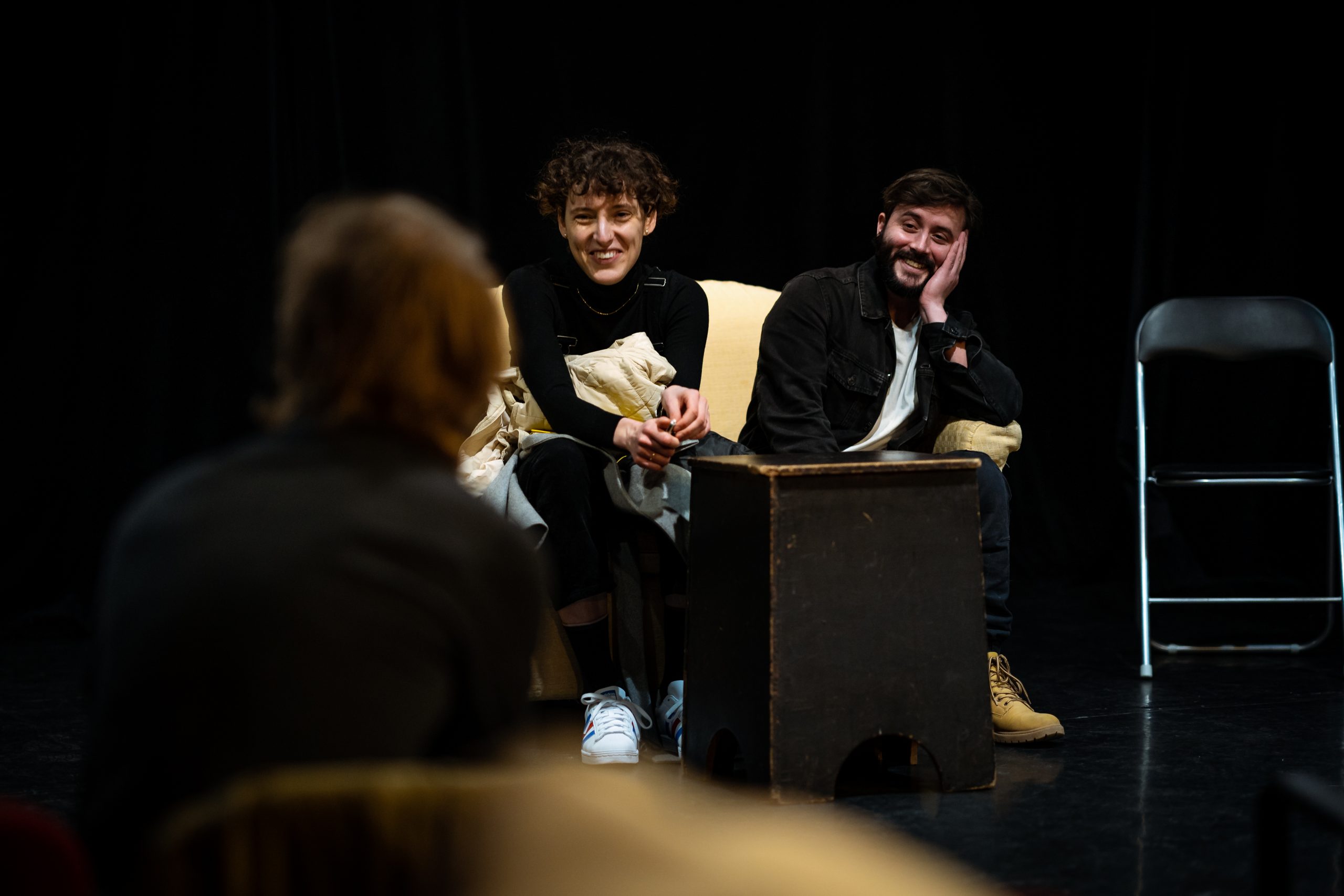
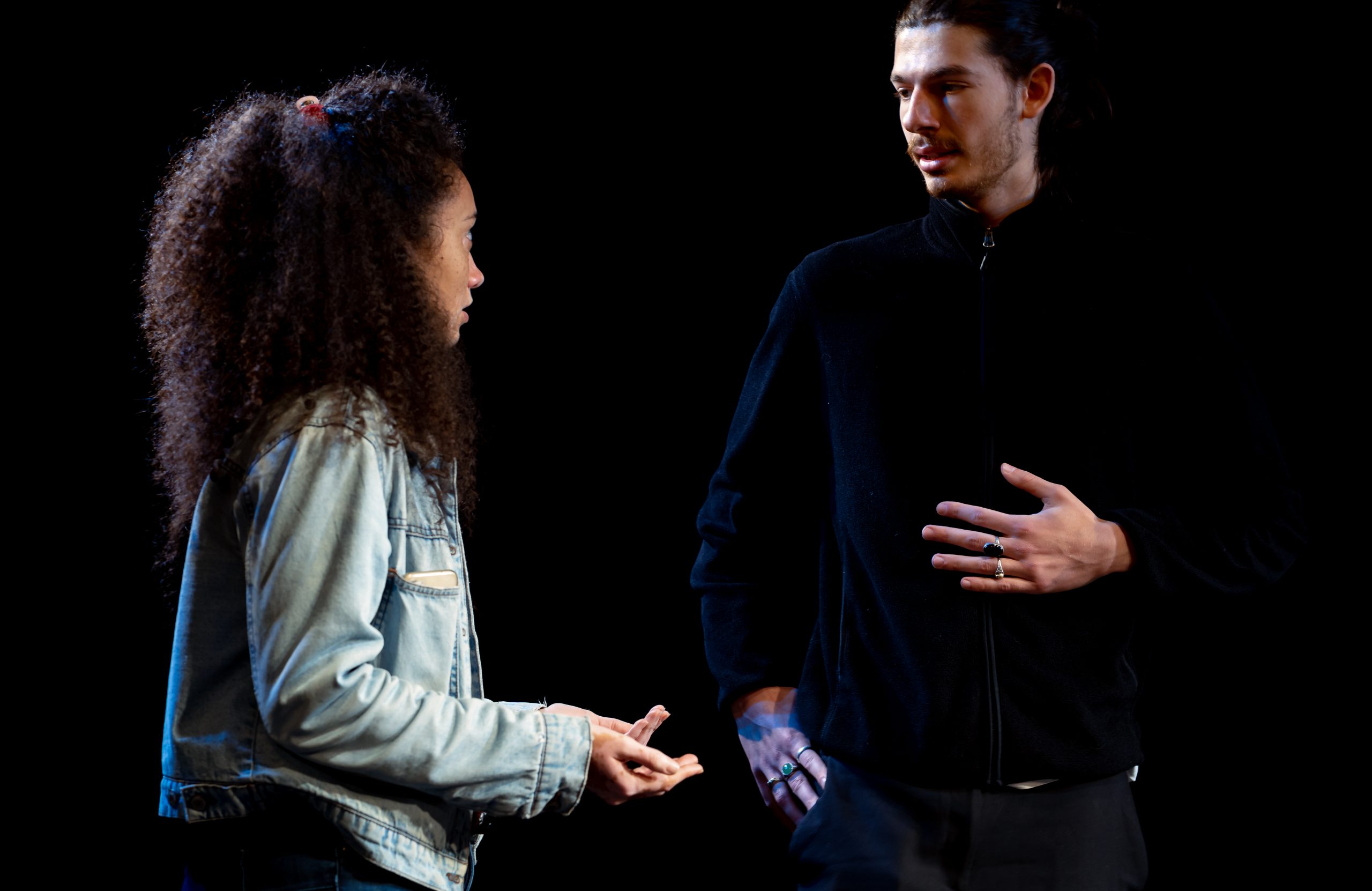
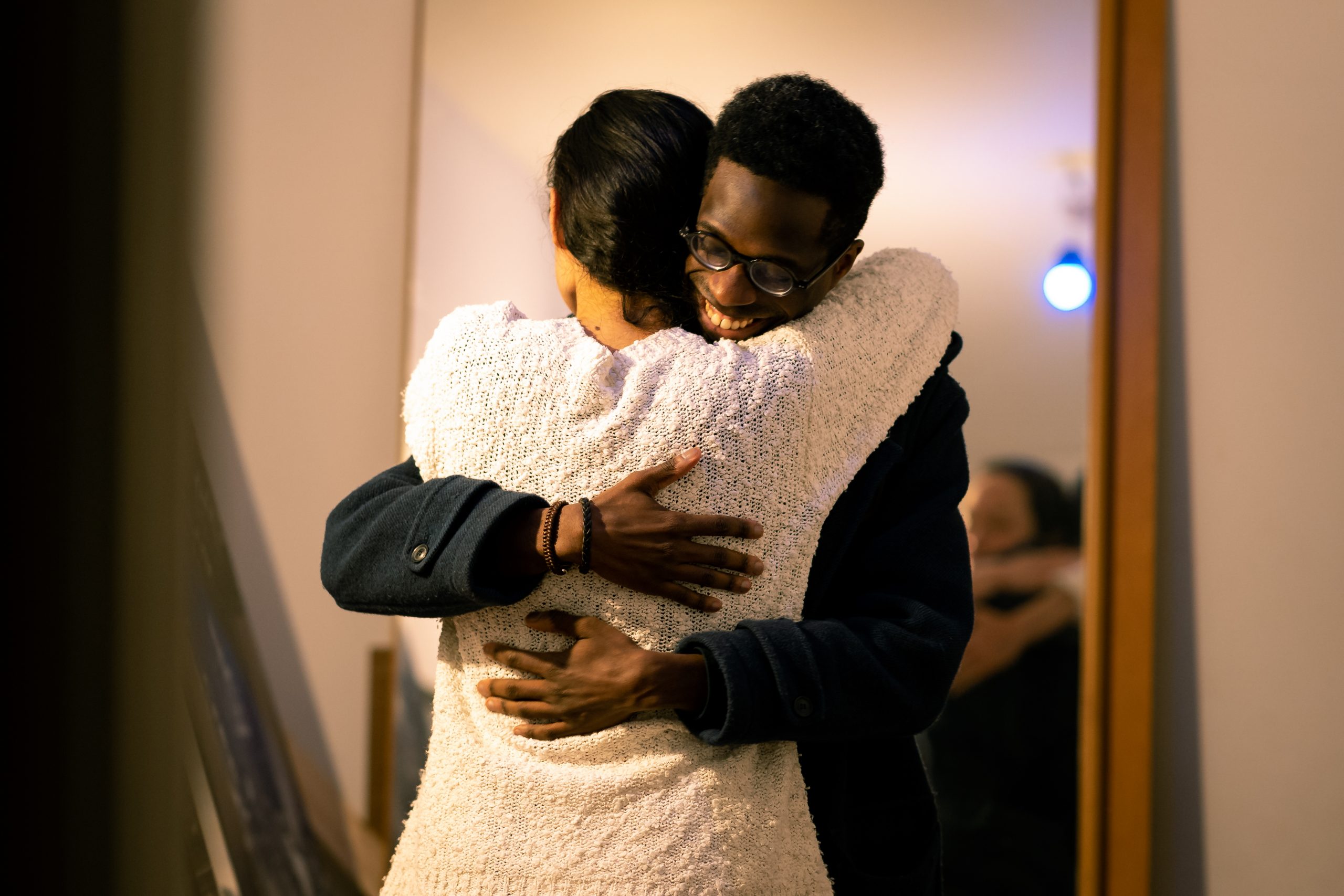
THE PROGRAM
The exploration of the imagination is then approached, in connection with Ericksonian Hypnosis, NLP, as well as research in psychology and neuroscience, and according to the processes specific to each one.
This curriculum also involves clarifying the links between each stage of the work, the richness of the different exercises and the way to approach rehearsals outside of class (see "INCLUDED" below).
In keeping with the Socratic teachings of Sanford Meisner, and similar to Milton Erickson's approach to change, it is always based on one's own practice that the theory can be established.
Links are made, as they occur, to various tools of change to enable students to clarify, deepen, and accelerate this process of self-exploration in a way that is, in keeping with Sanford Meisner's teaching principles, tailored to the individual student.
"To be an interesting actor - what am I saying, an interesting human being! - you have to be authentic, and to be authentic, you have to accept who you really are, warts and all. Do you have any idea how liberating that is, not caring what people think of you? Hell, that's what we're going to do here."
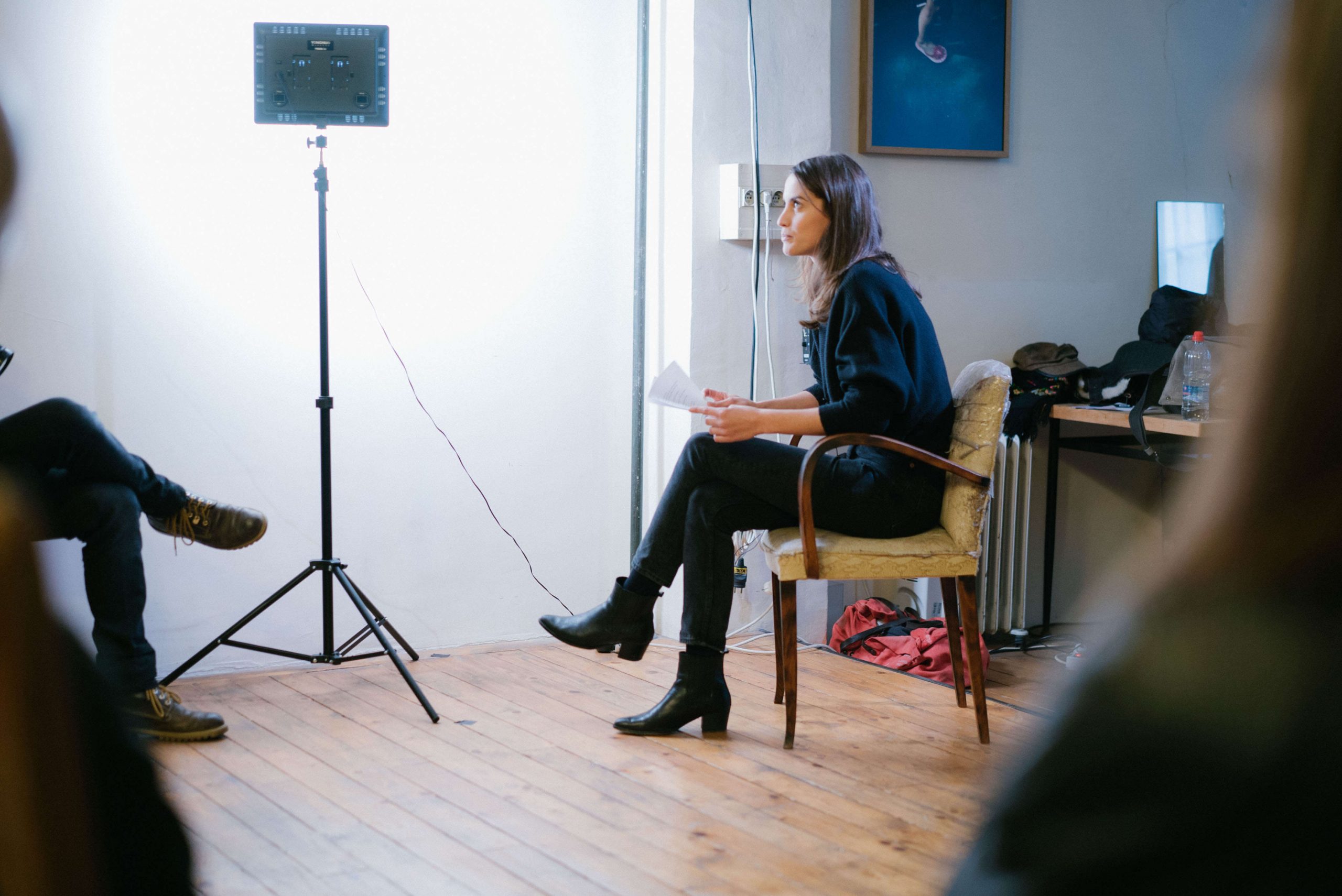
"If someone is teaching you something and you don't understand what they are talking about, neither do they."
TESTIMONIALS
INCLUDES:
- French course with Octave KARALIEVITCH
- the 3 approaches to therehearsal exercise as they have been developed around the world, with the different possible "rules of the game" and their consequences, and their links withEricksonian Hypnosis
- a training program to continue working outside of class and the establishment of rituals for the actor
- physical impulses and the work of the 3 moments
- emotions and connection with the body and meditation
- views and self-expression in freedom and truth
- the grouping of the 3 approaches and their links with the rest of the work
- evolutionary psychology and the consequences for theaudience's attention and theactor's instrument
- the "as if" framework from Stanislavski to Meisner via NLP; the different possible applications for the work, from the rehearsal exercise to the particularization for the work of the text
- the "faith of the actor" for Meisner and the consideration of the given circumstances
- independent activity work and exploration of core values with NLP
- initiating connections to human activities and text analysis in Meisner
- the advanced work of the points of view for the adaptation of the technique to the directions of actors
- writing and imagination techniques to stimulate the actor's suggestibility and exploration of imaginary circumstances
- the contributions of NLP,Ericksonian Hypnosis and Cognitive Sciences
- individualized recommendations for each person
- access to rehearsal groups and pedagogical annexes to continue practicing independently outside of class
OCTAVE KARALIEVITCH
After studying science (mathematics and physics in preparatory classes, then philosophy of science and knowledge), Octave turned to psychology and cognitive science, and became interested in research in 3 areas in particular: creativity, education and therapy.
Interested in the processes of personal development and liberation, he also trained in contemporary tools of "brief therapies" and coaching such as NLP orEricksonian Hypnosis, of which he is a certified Master Practitioner by the Society of NLP.
After training as an actor, he discovered many Russian and American techniques (among others : Constantin STANISLAVSKI, Stella ADLER, Sanford MEISNER, Lee STRASBERG, Eric MORRIS...) and it is the Meisner technique which particularly attracts his attention, beyond the unexpected sincerity that it confers to the actor, by its healthy, playful and simple side.
Noticing from the start the links with his previous fields of study, he also realizes the variety of his approaches in the world. He then created the Paris Meisner Studio to bring qualified teachers to Paris, in order to continue training in the right way while exploring complementary aspects of this technique, its history and evolution.
In his quest to perfect the understanding of the Meisner technique for himself and other students, he has established a novel system of research and development of which the Meisner & Systemic Coaching program is the result.
In parallel to his teaching and directing activities, Octave continues to train in various related fields to enrich this research, having begun a 5-year Gestalt therapist course at theEPG, a certified trainer training course and training in Brad Blanton 's Radical Honesty tools (derived from Gestalt therapy and Ericksonian hypnosis, and aligned with the development of the Meisner technique's viewpoint work).
As well as traditional meditation techniques and Buddhist systems of mind-body connection, especially Vipassana.
